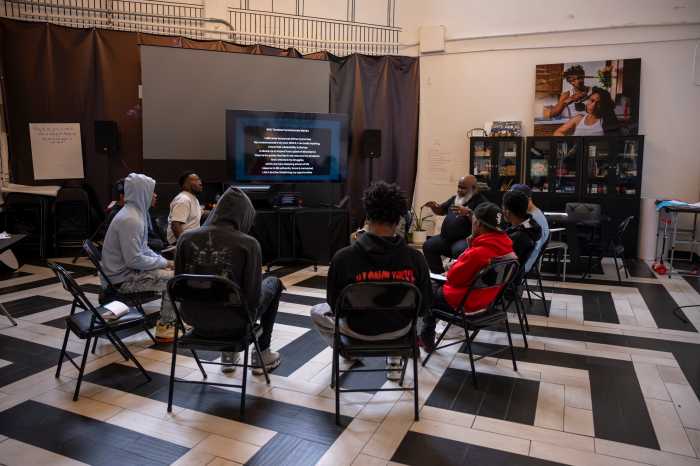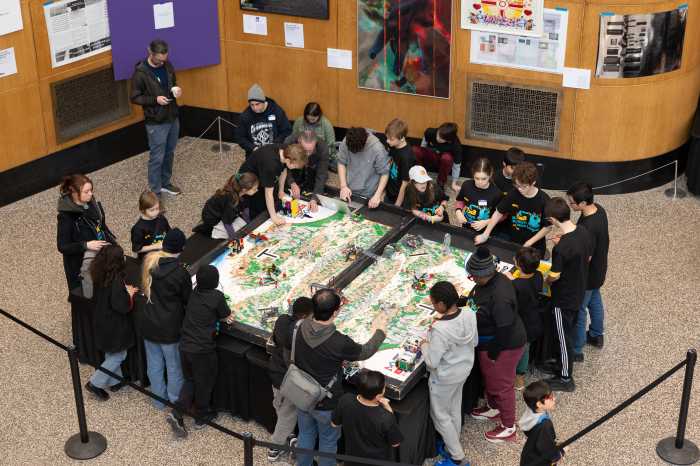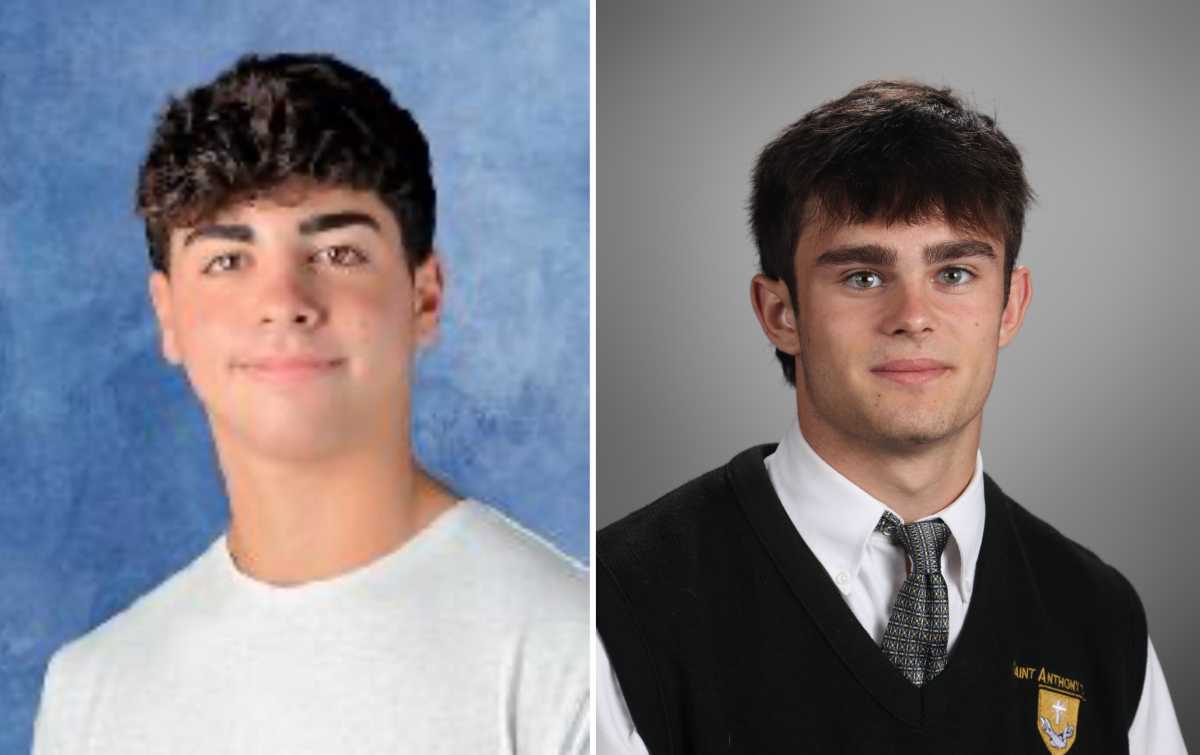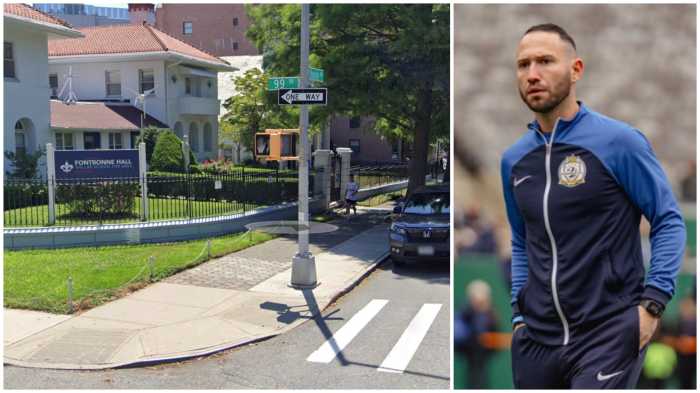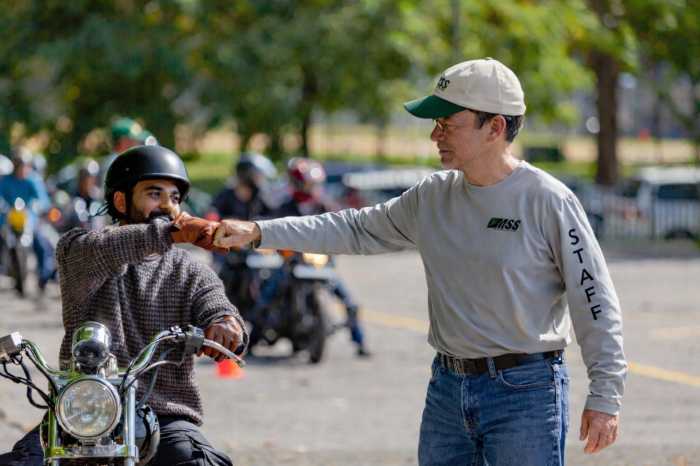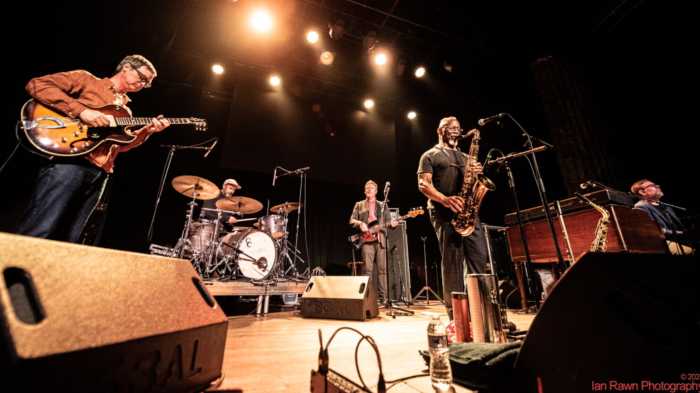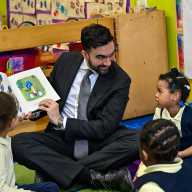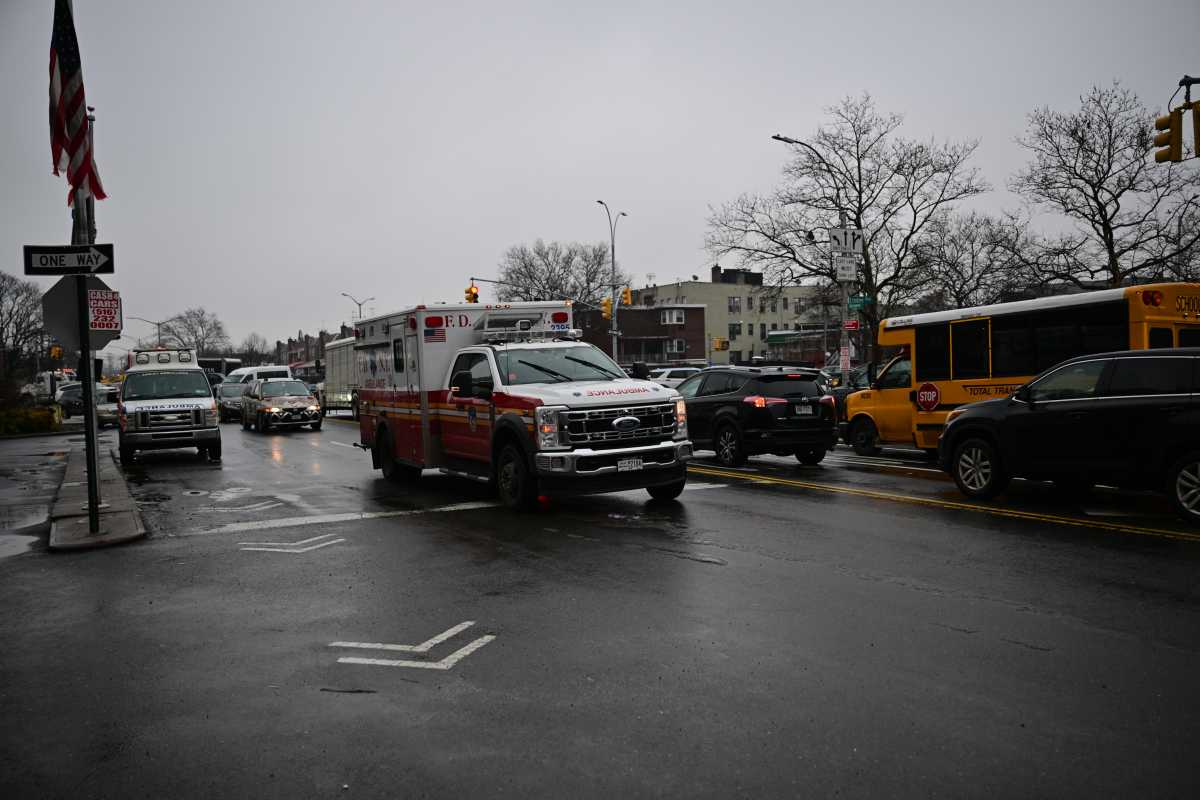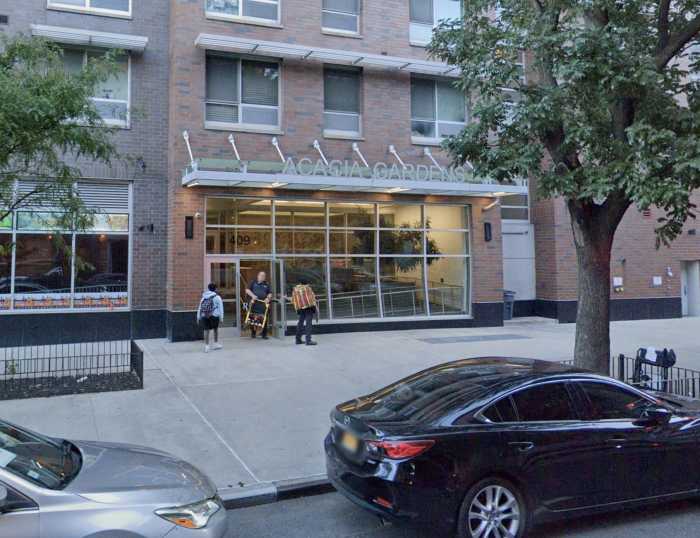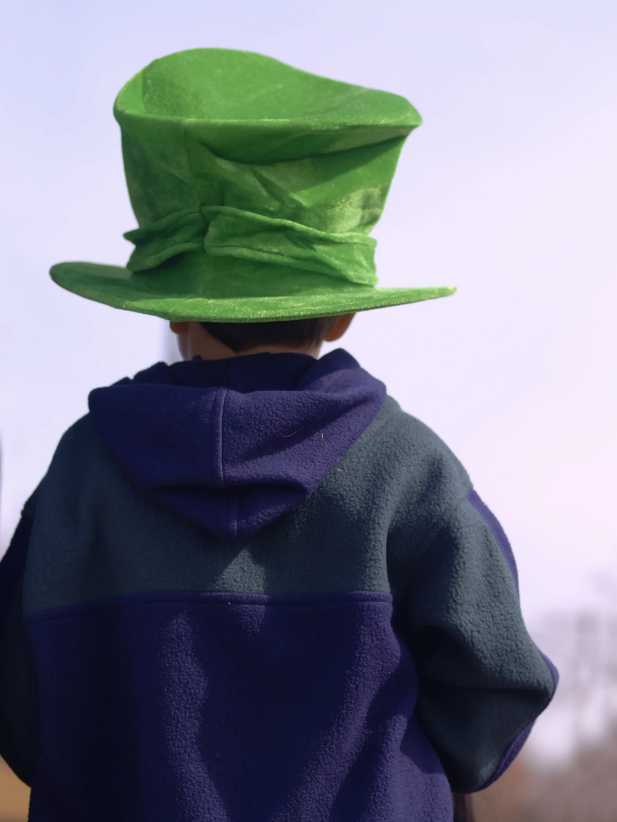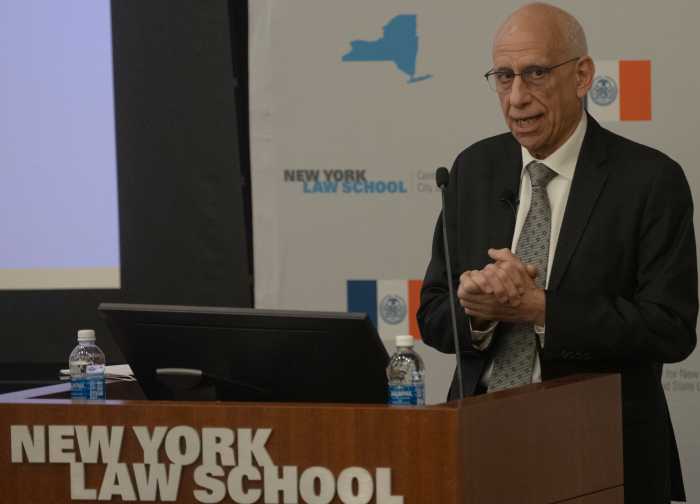Suppose next Saturday night, my 16-year-old daughter brings a friend home to stay over — and the friend is drunk? Do I rat on her and tell her parents? Call them right up or wait until morning? Of course if she lands in the hospital, my path is clear — I have to sound the alarm. But short of that, what I owe my daughter, her friends and other parents gets really messy to sort out.
On any given day, I might find myself with a hot potato of information. Perhaps I see a group of boys slink into the trees, lighters in hand, at Hillside Dog Park. Should I squeal to their parents? Send them an email? Slip anonymous letters under their doors? Or should I just stay out of it?
Every year there is a parents get-together where we voice our fears and concerns about our teenagers. Are they having sex, doing drugs, cutting classes, staying up till all hours playing on-line fantasy games? Inevitably, one parent will say to the rest of us, “If you see my kid doing anything bad, PLEASE LET ME KNOW!” All the mothers and fathers nod in agreement, but afterwards I wonder, do we really mean it? Do I want another parent spilling the beans on my teenager’s bad behavior?
I’m sure I would want to know if my kid was lighting up, stumbling down Court Street plastered or doing funky things on someone’s stoop, but the fallout might be too damaging. If another parent tattled on my girl, she’d not only be grounded, she’d be furious. The child of the informer might be affected, too. Word would get around, the kids would stay away from that home and those worthy, dutiful guardians. Perhaps that girl or boy wouldn’t be invited to parties, not in retaliation, but as a way to protect all the other teenagers who want to drink or smoke or do whatever.
I’ve only done it once — told another parent that I saw his offspring doing something at a very late hour on a weekend night. But I’ve known that parent for years and we had talked about this very issue and sworn that, yes, we really could report on each other’s children.
There was another time I wish I’d had the balls to tell a parent that I saw her child smoking. This was a close friend, a parents who I knew would want to know. The first time I witnessed the act, I didn’t know what to do. The second time, a week later, that kid knew I was watching and didn’t try to hide that cancer stick, not even a little. So I figured if it didn’t matter that I knew — the parents must already know. As you can see, I rationalized myself out of that situation.
My closest parent-friends I would tell, one way or another, if I found something important out about their son or daughter. I would trust them to handle the information and the situation, and the responsibilities of our friendship require this of me no matter the consequences.
Then there’s everyone else. If you put all the parents of my daughters’ classmates in a room, together we probably know a lot of things about each other’s kids. Things like who’s been seen buying condoms at Rite Aid, who’s older sibling is back from college with fake ID’s, whose parents are out of town and is hosting a party.
But we don’t do this, we don’t set up tattle networks with Twitter or Facebook, we don’t patrol our neighborhoods under the pretense of walking the dog, sending out texts of what we see. One reason is that we couldn’t live together, see each other at school events, allow our children into each others’ homes if we were always ratting on the kids. Too much information would, paradoxically, destroy our trust in each other.
Other parents protect my children, and one way is using their judgement about what I need to know and what maybe isn’t important enough to risk the ensuing damage for. There are things we must know about our children and, thank goodness, we usually find out. All that other muck gets kept at bay, and that’s probably a good thing.



